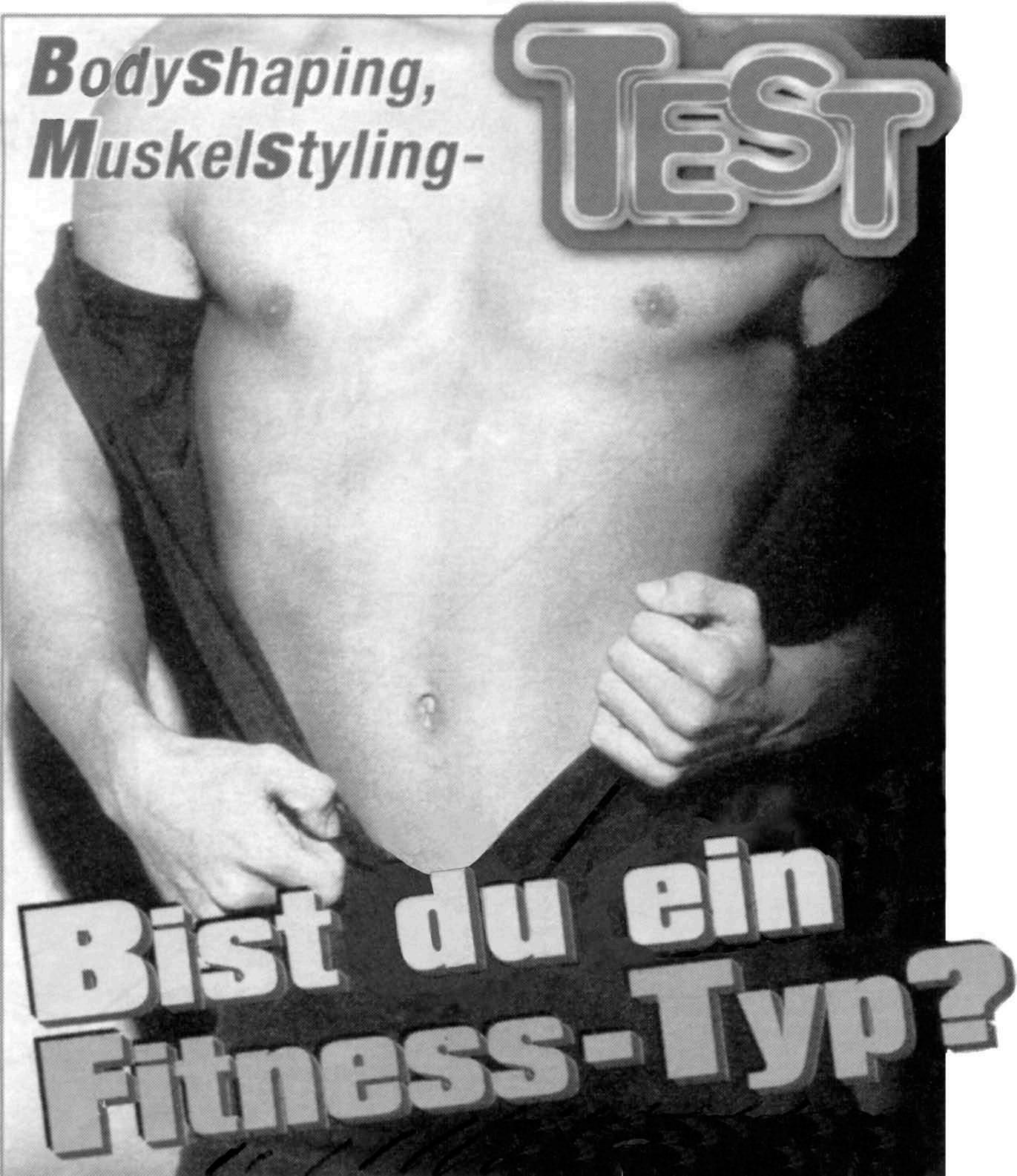3.9 Demonstrative, possessive and indefinite pronouns
41
The function of the reflexive pronouns becomes clear when we compare, for instance, fragen (to ask) with sich fragen (to wonder): father is asking him (i.e. someone else) father is wondering (i.e. asking himself)
Vater fragt ihn Vater fragt sich
3.9 Demonstrative, possessive and indefinite pronouns Most of the demonstratives and indefinite determiners listed in sections 3.4 and 3.6 can be used as PRONOUNS, with the same endings to indicate GENDER, NUMBER and CASE. This means that instead of being used with a following noun, they can substitute for a noun, often referring back to a noun or noun phrase already mentioned: Ich will eine andere Tasche. Diese hier mag ich nicht. Die Ameisen sind ja riesig. Solche habe ich noch nie gesehen. Sie hat einige gekauft. Jeder hier kennt ihn. Ich habe viel gelesen. Hast du alles, was wir brauchen? Derjenige, der das getan hat, soll sich melden.
I want a different bag. I don’t like this one. The ants are enormous. I’ve never seen ones like that. She bought some of them. Everyone here knows him. I’ve read a lot. Have you got everything we need? The one who (i.e. whoever) did this should put up their hand/give themselves up.
Unfortunately for the learner, some of the demonstratives, possessives etc. have special forms when used as pronouns.
Der/die/das When used as a PRONOUN, the DEMONSTRATIVE der has special forms in the genitive case and the dative plural:
nominative accusative genitive dative
masculine
feminine
neuter
plural
der den dessen dem
die die deren der
das das dessen dem
die die deren denen
NB These are also the forms of the RELATIVE PRONOUN, see 10.5.
Die sind viel zu teuer. Hast du gestern den Film gesehen? Der war toll, was? Das Buch liegt auf dem Tisch – ja, auf dem da drüben.
Those ones are far too expensive. Did you see the film yesterday? It was great, wasn’t it? The book is lying on the table – yes, on that one over there.
NB The genitive is generally used to replace an ambiguous possessive, e.g. Er kam mit seinem Freund und dessen Sohn. He came with his friend and the friend’s son.










